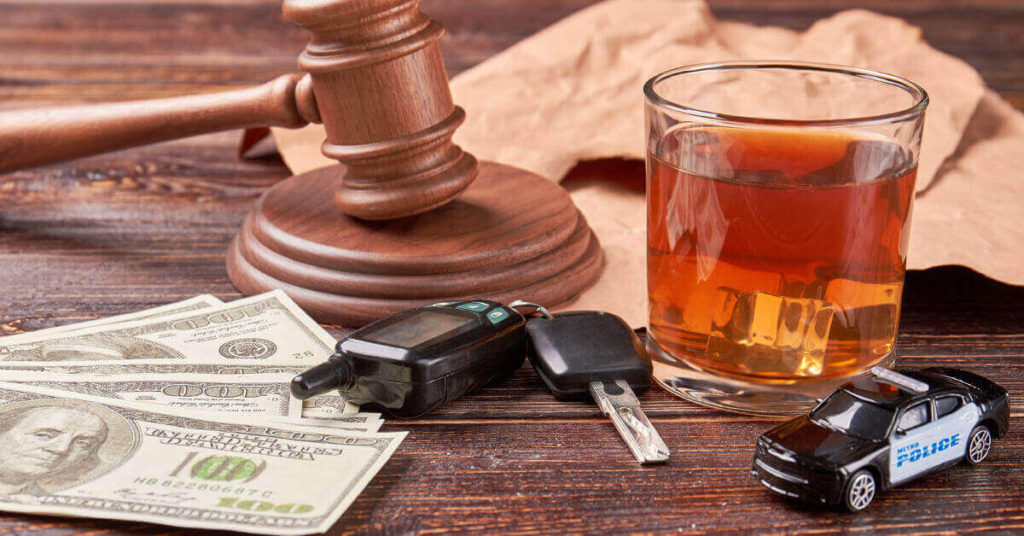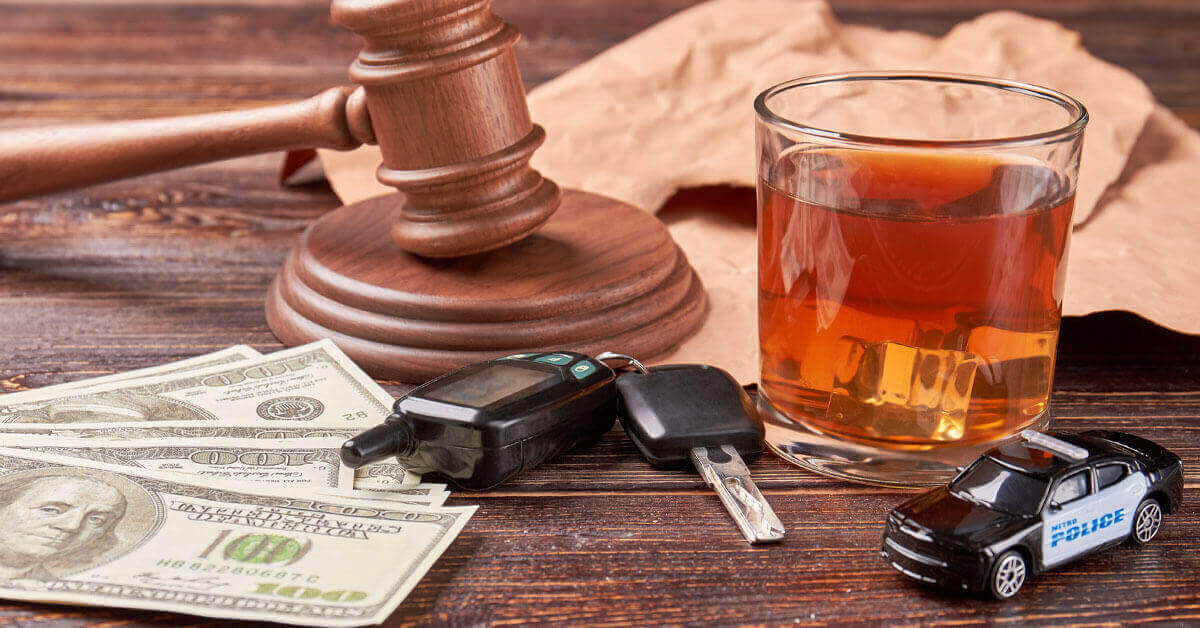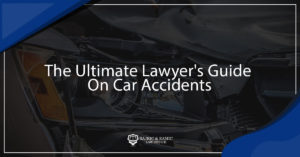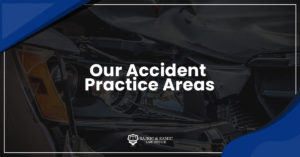Many people’s first encounter with the criminal justice system is a drunk driving arrest. An arrest is a frightening experience, but knowing how to navigate the system will have an impact on how your case is settled.
In this article we’ll talk about drunk driving charges, and a few more things.

When Can You Tell A Driver Is Drunk?
Each state defines drunk driving by determining what a driver’s blood alcohol concentration (BAC) must be in order to properly operate a motor vehicle. However, that level is set at.08 percent in every state.
For some kinds of drivers, many states have lower levels of allowable blood alcohol content. For commercial truck drivers, for example, many jurisdictions impose limits as low as 0.04 percent, and even lower limits for drivers under the legal drinking age of 21. Many states also have enhanced drunk driving laws that allow for greater punishments if your blood alcohol concentration (BAC) is twice the legal limit, for example.
If you want to find out more about what happens when you get drunk, we suggest you to read our article: How Alcohol Affects Your Body
What Are the Consequences of Driving While Intoxicated?
While driving with a BAC of.08 percent is now considered intoxicated in every state, the penalties for a drunk driving conviction vary greatly. A conviction on a charge of driving under the influence (DUI), driving while intoxicated (DWI), or operating under the influence (OUI) in nearly all states, however, includes some combination of:
- Sentences ranging from a few days to a few months or years in prison
- Costs of the court and fines
- Suspension or revocation of a driver’s license
- Classes on the dangers of drunk driving are required.
- Driving with an ignition interlock device
- Court-ordered alcohol treatment
If you are arrested and convicted for driving while intoxicated more than once, each conviction will almost certainly result in harsher consequences. If you cause an accident that results in injuries or deaths, the penalties will be increased. Or as you want to call it, drunk driving charges.
You can read more about this subject here: Danger of Driving Under The Influence of Alcohol
Getting Past the Drunk Driving Checkpoint
Even the most composed person may find it difficult to retain their composure during a drunk driving stop. It can be difficult to digest the flashing lights in your rearview mirror, the cop’s flashlight, and the questioning.
It’s crucial to note, however, that you have the same rights as persons arrested in other circumstances:
- You are free to keep silent.
- You have the right to refuse to have your vehicle searched.
- You have the right to refuse roadside sobriety tests (which could include walking a line, reciting the alphabet, or breathing into a portable breath-testing device).
However, it’s important to understand that if you refuse any of the above requests, police may still arrest you for drunk driving if they have probable cause.
The Most Probable Explanation for the Stop
If police have reason to believe you are intoxicated or under the influence of drugs, they will stop you. The National Highway Traffic Safety Administration (NHTSA) has compiled a list of signs that a driver is intoxicated. Among those on the list are:
- Taking a turn that is too broad
- Crossing or straddling lane lines
- Weaving and swerving are two words that come to mind while thinking about weaving and swer
- slamming into or nearly slamming into another vehicle
- Too rapid braking
- Speeding
- When you run red lights or stop signs, you’re breaking the law.
You could be charged with drunk driving if an officer stops you for something unrelated, like speeding. This could be due to the officer smelling alcohol in the car or on your breath, hearing slurred speech, or seeing bloodshot eyes, all of which could indicate probable cause for a drunk driving evaluation.
In some states, police can also set up roadside checkpoints where they can stop any car. In some situations, judges may be present at the checkpoints to sign search warrants allowing car searches. You still have the right to refuse to answer questions in this scenario, but you risk being arrested.
The moment you’re stopped, you are risking drunk driving charges.
Is it Necessary to Hire a Lawyer if You Have a DUI?
Your initial call should be to a lawyer who has experience managing drunk driving cases as soon as you have the opportunity. You may not realize it at the time, but you may have many defenses to the allegations, such as a lack of reasonable cause or police failing to obtain your permission to search your vehicle.
The consequences of a conviction are far too severe to merely plead guilty to “leave it behind you” without first consulting an attorney. An attorney will put you in the best possible position to minimize the negative consequences of an arrest.
Contact A Professional Drunk Driving Lawyer Now
If you find these information above useful, but you have more questions regarding the subject, or you just need legal help straight forward, give us a call on 314 352 6800 and get free consultations today!




